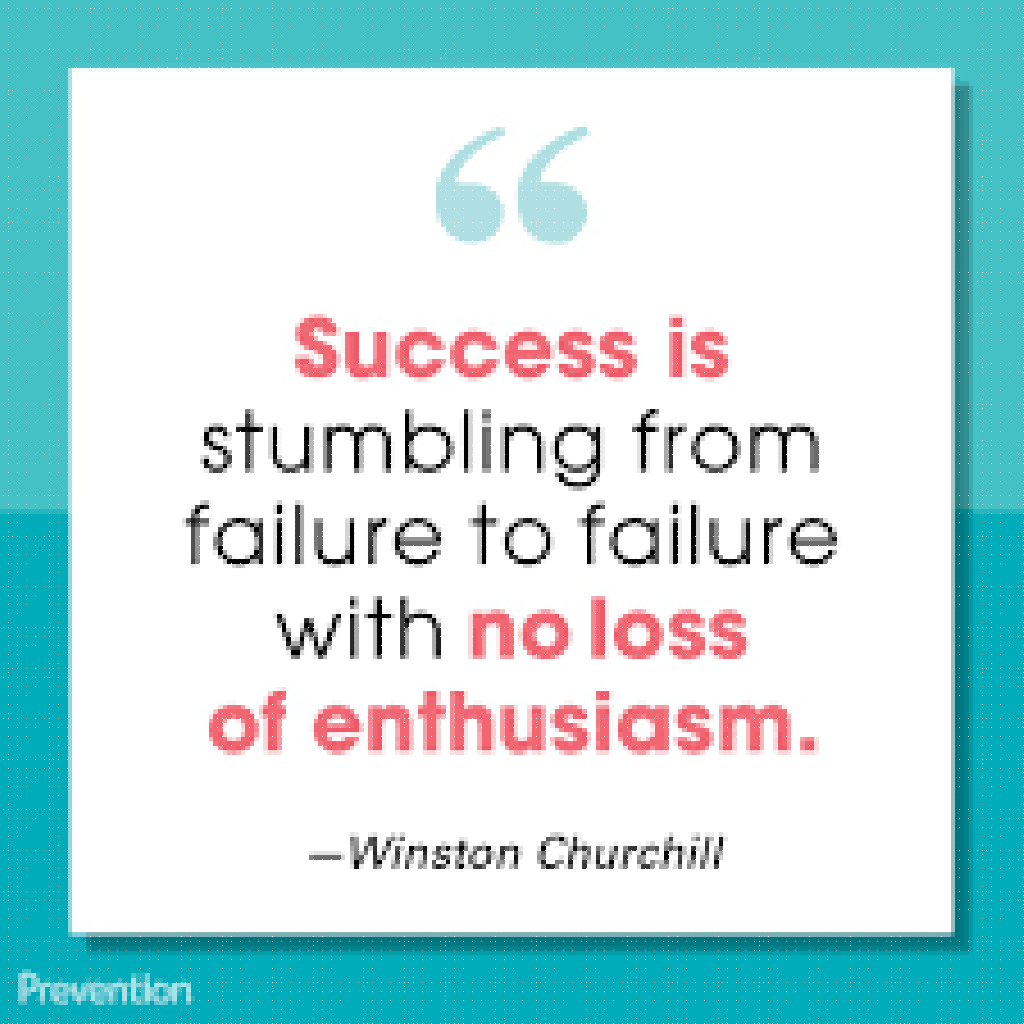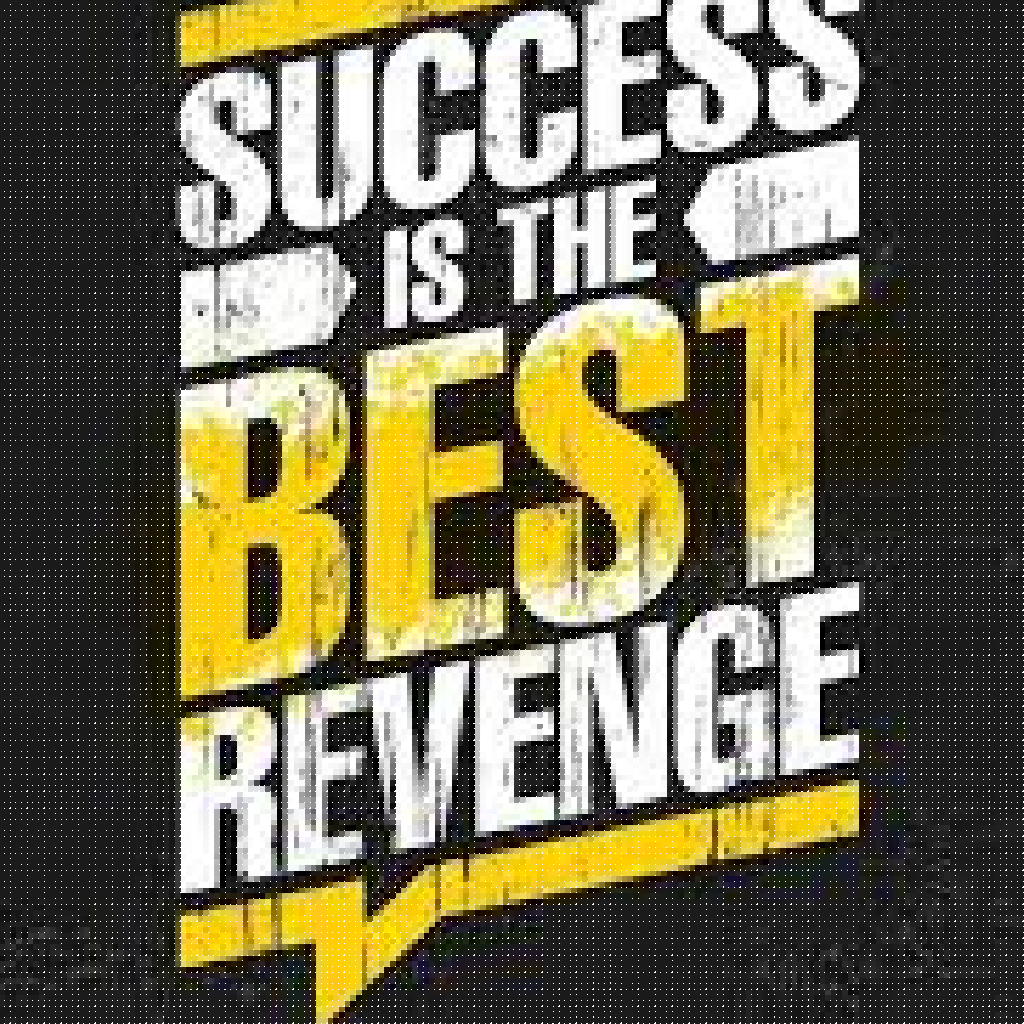You have a company concept and are enthusiastic about what it may imply for your future. The chance to launch a business in the US might be excellent. Making the proper decisions might provide your company with a solid expansion.
Develop Your Business Idea
While many small company ideas are viable right out of the gate, developing a firm requires more than just an original idea. Start by examining similar services or companies to your own.
Find out whether there is a need for the good or service in your neighborhood. You can do some research on local prices. In most cases, research entails a thorough market analysis. This allows you to understand your consumers’ needs and how best to meet them. Market analysis may also be used to learn about rivalry, costs, and marketing strategies. Spend some time on this kind of study.
Plan your business
A business strategy is essential to put yourself in a successful position. What your firm is and how it operates should be described in your plan. It should go in-depth on how your company is set up.
Your product or service is also outlined in detail in your company strategy. It explains your company’s competitive advantages and what sets you apart. Your business plan has to include information on labor costs and production costs, whether you are manufacturing a product or offering a service.
Consider a business plan if you ever need to ask for a loan. Additionally, it helps by giving a summary of your company that you may refer to in the future. It is also beneficial if you grow and bring on more partners. Keep it current as your company develops and evolves.
Establish Your Capital
A lot of small businesses require capital to get off the ground. You have several choices to think about for this:
- Get money through savings and credit.
- Borrow money from relatives and friends for your business.
- Request a loan from a nearby lender through the Small Business Administration (SBA).
- Make use of investors who could be willing to provide borrowers with loans.
- Think about partnering with someone to develop and run your company.
Funding is challenging. Borrowing money can be the best option if you don’t want anyone else to possess a stake in your company. However, lenders are only inclined to make big loans to a young firm if they can demonstrate the value your venture will add. This is where your business strategy comes in.
Create Your Organizational Structure
You can protect your assets from your business assets by setting up a business structure. There are many legal frameworks to take into account.
In a sole proprietorship, you are the only owner of the company. The distinction between personal and company assets is mostly nonexistent. This issue is complicated because it may put your assets in danger if your company is sued.
Get Your Business Registered
A Limited Liability Company (LLC) is usually the ideal option for small enterprises. The LLC is a type of business structure that aids in establishing the firm as a distinct legal entity from your assets.
This implies that your personal and corporate support will be better protected in the event of a lawsuit. As your company grows, you could expand into different corporate structures, such as an S Corp or a C Corp.
Create a Federal Tax ID
Companies in the US require a number identifier that is used to distinguish one company from another for tax purposes. The Internal Revenue Service (IRS) requires the creation of an EIN. One may be obtained for free. You’ll need it to create business bank accounts, pay taxes, and fulfill other requirements.
EINs are available on the IRS website. As they assist you with business creation, you can also employ a corporation to handle this. Setting up an EIN as soon as possible allows you to establish your firm legally.
Create your company’s accounts
It’s crucial to keep your finances and corporate finances separate. Open a different checking account for your business to do this. Doing this is relatively easy. Most banks demand an EIN for the account and your data for identification.
You may have any money made via your firm deposited in those accounts once you’ve established your business banking accounts. Make sure you use these accounts to pay for any business-related costs. Depending on how you set up your firm’s finances in the future, you may also pay yourself from your business account or payroll.
Organize all licensing
In the US, licenses are required for the majority of company kinds. Thanks to this procedure, the city, state, or county may acknowledge the company for what it accomplishes. It also aids in confirming the legitimacy of the company.
The process for this varies a little bit between states. You’ll often have to submit Articles of Incorporation to the state. Establishing the ownership and administration of your firm and giving a description is quite similar to a business plan.
The next step is deciding whether you require municipal licenses to operate. Some towns need businesses to register with the city, such as service providers. Others desire a formal license.
Start constructing a successful business.
You now own the building blocks for a business. You will still have to get the insurance you need that is appropriate for the degree of risk in your company.
Create a website to begin attracting customers. Also, remember to use social media. Promote your company to consumers and the community for profitability.
Building a thriving business in the US involves several factors. Even if it takes effort, it frequently pays off, particularly if you start with research and create a successful strategy.
Contact Information:
Email: [email protected]
Phone: 1949245898
Bio:
Madison Browning holds a Bachelor of Science in Business Management and has extensive experience in leadership roles within notable companies. Currently, Madison serves as a marketing specialist for Financial Media Marketing. With a keen eye for design and a passion for storytelling, Madison is also an avid graphic designer and content writer, consistently delivering compelling and visually appealing content.











